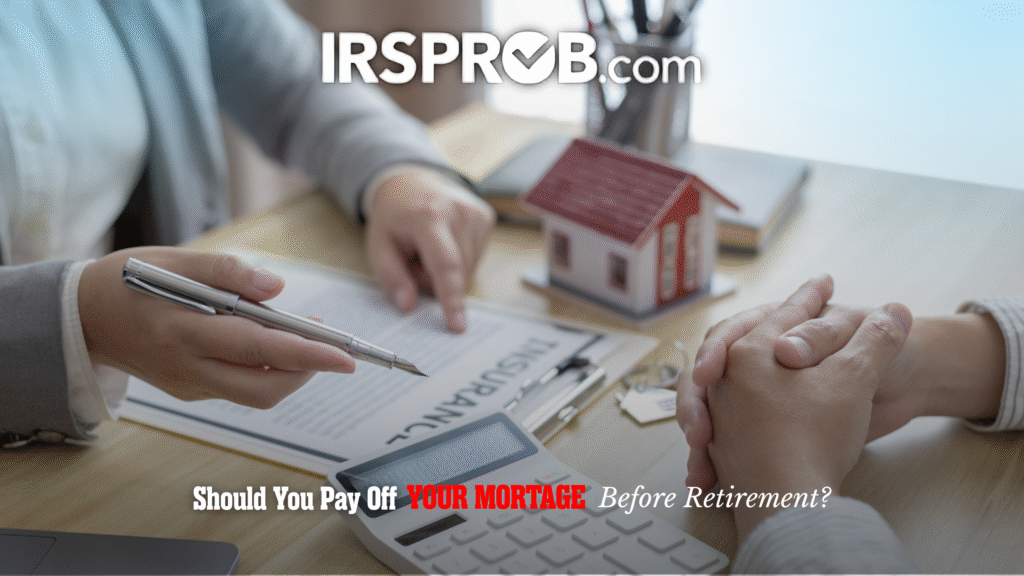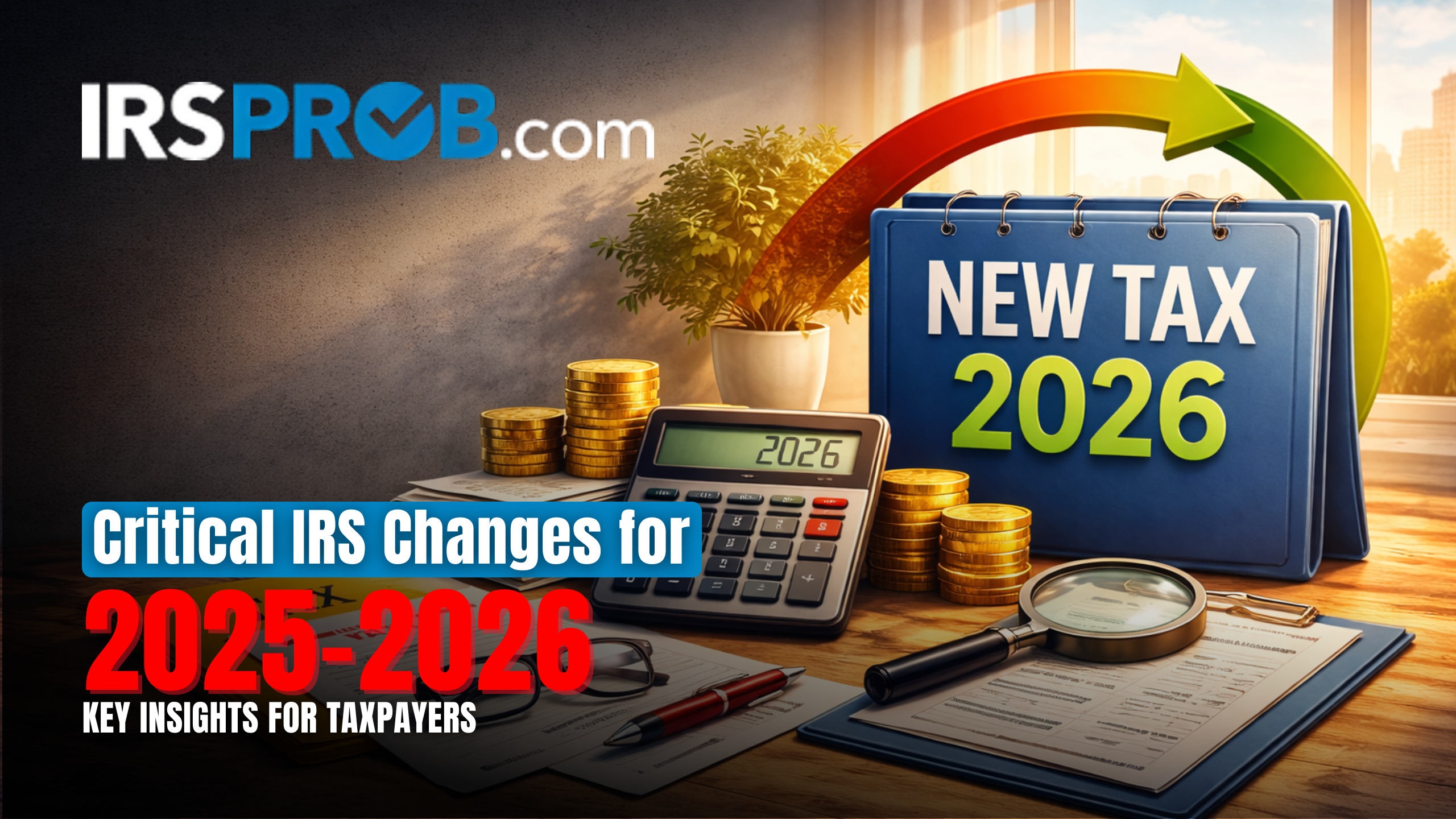
As retirement approaches, one of the most critical financial decisions you’ll face is whether to pay off your mortgage. It’s a question that blends dollars and cents with peace of mind: Should you enter retirement free from monthly mortgage payments, or should you continue carrying mortgage debt while preserving your savings and investments?
With rising life expectancy and longer retirements, understanding how a mortgage fits into your retirement strategy is more important than ever.
The Rising Trend of Retiring With a Mortgage
You’re not alone if you’re heading into retirement with a mortgage. According to Harvard’s Joint Center for Housing Studies, more than 40% of homeowners aged 65 to 79 still carry mortgage debt—a sharp increase from just 24% in 1989. Even more striking, median mortgage balances have grown from $21,000 to over $110,000 (in 2022 dollars), while the average monthly mortgage payment now hovers around $1,470.
This shift raises a key question: Is holding on to a mortgage still a wise financial move, or does it make sense to pay it off before leaving the workforce?
The Case for Keeping Your Mortgage
Low Interest Rates Can Work in Your Favor
If you refinanced your home during the historically low interest rate period of 2020–2021, you may be sitting on a mortgage rate as low as 2.7% or even less. Compare that with high-yield savings accounts or conservative investments that now offer returns upwards of 4% to 5%, and your mortgage begins to look like a cheap form of debt.
Example: If you have $300,000 in savings earning 4% annually, that’s $12,000 in earnings. If your mortgage balance is also $300,000 at a 3% interest rate, your interest cost is $9,000. You’d actually come out $3,000 ahead by keeping the mortgage and leaving your savings invested.
Preserve Liquidity for Emergencies
Paying off a mortgage in full often requires a large lump sum withdrawal from your retirement savings. That money becomes illiquid, tied up in your home’s equity. If you face an emergency—a medical expense, home repair, or family need—you might struggle to access funds.
Unlike your investment or savings accounts, home equity is not easily converted to cash in retirement. Yes, you could take out a home equity line of credit (HELOC) or reverse mortgage, but both options come with risks, fees, and potential delays.
Minimize Tax Consequences
Using retirement funds like a 401(k) or traditional IRA to pay off a mortgage can result in a large tax bill. Withdrawals from tax-deferred accounts count as income, and pulling a six-figure sum could push you into a higher tax bracket.
Additionally, if you’re liquidating investments in a brokerage account to pay off the loan, you could face capital gains taxes. In many cases, these tax hits can cancel out any savings from eliminating mortgage interest.
When Paying Off Your Mortgage Makes Sense
Despite the financial arguments in favor of keeping your mortgage, there are strong reasons why paying off a mortgage before retirement might be the right move for some.
Psychological Peace of Mind
The emotional benefit of being mortgage-free cannot be overstated. For many retirees, the idea of entering their golden years without any major debts brings a deep sense of security and independence. No more monthly mortgage payments. No more worrying about market fluctuations affecting your ability to pay your lender.
This peace of mind, while hard to quantify, can be invaluable—especially if your other financial needs are comfortably met.
Simplified Cash Flow in Retirement
Eliminating your mortgage can significantly reduce your monthly expenses, which is especially helpful if you’re transitioning to a fixed income. Without a mortgage payment, your retirement withdrawals can stretch further, and your required minimum distributions (RMDs) from retirement accounts might decrease.
This leaner budget can provide more flexibility to travel, support family, or weather unexpected financial events.
If You Plan to Stay Put
If your home is your “forever home,” then paying off your mortgage could be a smart long-term move. You’ll avoid ongoing interest payments and won’t need to worry about refinancing or managing housing costs deep into retirement.
On the other hand, if you plan to move or downsize, keeping your mortgage and using home sale proceeds later to pay it off might be a more flexible strategy.
Smart Strategies for Reducing Mortgage Debt
If you’re not ready to pay off your mortgage in full but want to make progress, here are two effective strategies:
- Biweekly Payments: Split your mortgage payment in half and pay every two weeks. This results in one extra full payment per year, which can reduce your loan term by several years and save thousands in interest.
- Annual Lump Sum Payments: If you receive a bonus, tax refund, or other windfall, consider applying it toward your mortgage principal. Even occasional extra payments can shave years off your mortgage term.
So… Should You Pay Off Your Mortgage Before Retirement?
There’s no universal answer. It depends on your mortgage rate, your overall financial health, your retirement timeline, and how much value you place on financial flexibility versus emotional relief.
If your investments are earning more than your mortgage costs you, and you need liquidity, it’s often smarter to keep the mortgage. But if you’re debt-averse, your retirement is fully funded, and you want the peace of mind of owning your home outright, then paying it off could be the right move.
Final Thought: Balance Logic With Lifestyle
Managing a mortgage in retirement isn’t just a financial decision—it’s a lifestyle choice. Consider both the math and your mindset. A well-thought-out plan will let you enjoy your retirement years with confidence, whether that means owning your home free and clear or using your assets to grow wealth and maintain flexibility.







